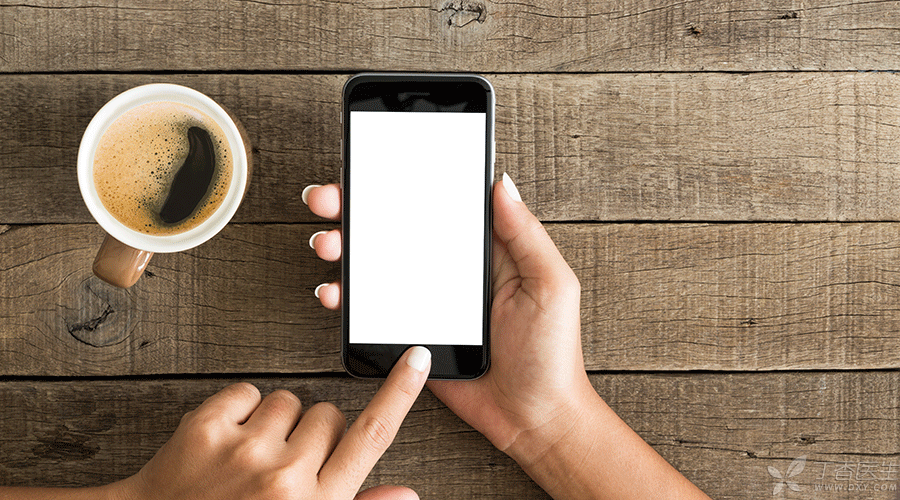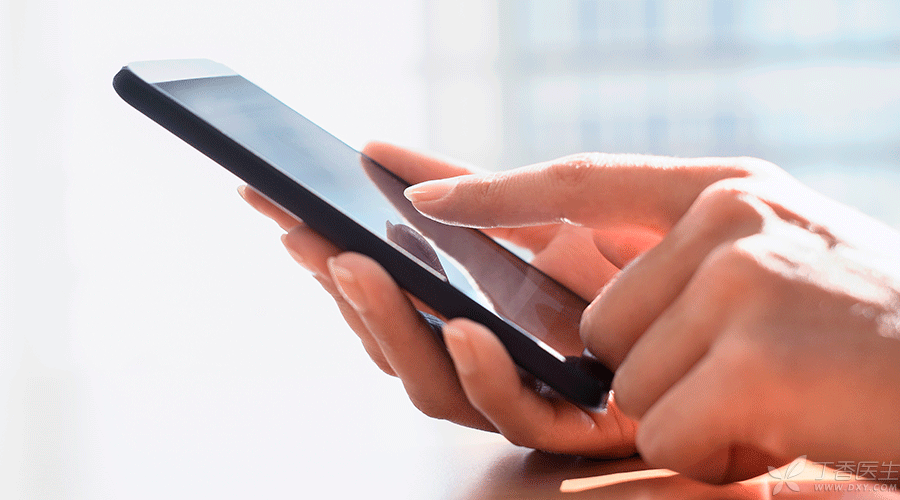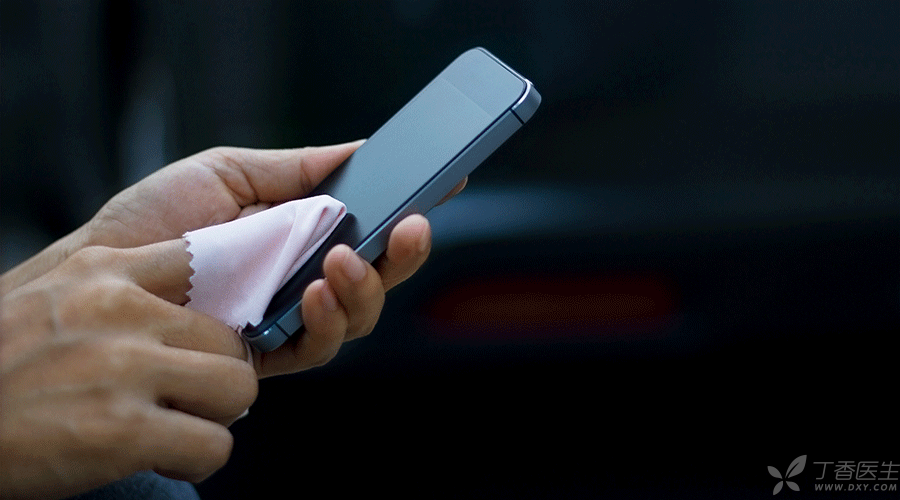
Rumors that cell phones are dirtier than toilets have been popular for many years.
As early as 2008, when large-screen smart phones were not popular, media reported on relevant topics and even many organizations conducted corresponding tests, but the test results were contradictory.
So is the rumor that [cell phones are dirtier than toilets] true?
Mobile Phone VS Toilet: Who Is Dirtier?
In the past few years, several media and health agencies have conducted tests on “who is dirtier, cell phone or toilet”, but the results are often contradictory, such as the following two tests:
- In 2012, a media team and the Teaching and Research Section of Clinical Microbiology Laboratory of Guangdong Medical College carried out sampling tests on 28 mobile phones and 12 toilets. The test results showed that the number of bacteria on mobile phones was not higher than that on toilets. The first issue of CCTV’s Life Laboratory column in 2015 is called “Is Mobile Phone Really Dirty?” ], sampling and testing the colonies on several mobile phones and comparing the colonies on toilets, the conclusion is that the number of bacteria on mobile phones is much higher than that on toilets.
Almost every few years, similar tests produce contradictory results.

Why do the test results contradict each other?
Because such tests are unscientific.
In all previous tests, almost all the media and inspectors randomly took a small number of samples for comparative tests, but they did not consider the cleanliness of the tested mobile phone, the hygiene habits of the users, or even the different number of bacteria in different positions of the toilet.
Are you testing mobile phones that are often cleaned or not cleaned, toilets of household toilets and public toilets, toilet covers and toilet seats, etc. These factors will affect the test results.
This kind of media-led test is full of loopholes in the sampling of the experiment, and it is not surprising that the test results beat each other in the face.
If you really want to use scientific means to test [which is dirtier, mobile phone or toilet], I think it will be a very interesting but also a huge project. At least there are no reliable comparative data yet.
Therefore, simply using [mobile phones are dirtier than toilets] as a definite factual basis to publicize is somewhat exaggerating the hygiene problems of mobile phones.
Can mobile phones spread diseases?
The answer is basically no.
In daily life, mobile phones are frequently touched and placed in various places at will. Just like our hands, mobile phones carry different numbers and types of pathogenic microorganisms. Some of these pathogenic microorganisms can even survive on mobile phones for several days.
In some densely populated public places, such as hospitals and schools, the number of microorganisms carried on mobile phones will be even greater.
Although all this sounds terrible, so far there has been no scientific research showing that pathogenic microorganisms on mobile phones will bring serious health risks to users.

Is it necessary to clean mobile phones?
Proper cleaning is good, there is no need to [fight].
Some suggestions suggest that it is necessary to wipe mobile phones with various disinfection products, such as glass cleaning agents and alcohol, which can effectively reduce the possible health problems caused by pathogens on mobile phones.
However, the actual situation is that this wiping cannot effectively eliminate pathogenic microorganisms on mobile phones, but may affect the use of touch-screen mobile phones, and even some disinfection products may lead to the reproduction of some drug-resistant bacteria on mobile phones.
Under daily circumstances, using fine fiber cloth like glasses cloth and dipping a small amount of glasses lotion are enough to clean the surface of mobile phones.

So how should we face the problem of mobile phone hygiene?
Washing hands frequently is the best way.
Although there is no evidence that mobile phones can spread diseases, this does not mean that you can ignore the hygiene habits when using mobile phones.
Just like washing hands before meals and after defecation, washing hands frequently during daily use of mobile phones can reduce the probability of pathogenic microorganisms attaching to mobile phones through your hands and prevent bacteria from spreading on mobile phones.
Compared with frequent cleaning of mobile phones, it is more effective to form the hygiene habit of washing hands frequently.
